About us
CCDR
The CCDR (Centre for Circulating Tumor Cell Diagnostics & Research) was founded in April 2013 at the Ingham Institute for Applied Medical Research. We are dedicated to research on blood based cancer biomarkers and are NOT a diagnostic service*.
Our vision
To aid personalised cancer therapy by enabling the detection of actionable cancer biomarkers from blood samples.
To establish blood based techniques to monitor cancer therapy response.
Ultimately, to help tailoring cancer treatment using non-invasive economical techniques.
*While a few laboratories are currently offering commercial testing for blood-based biomarkers we consider it unethical until we can offer patients clear guidance what their test result means. There is more clinical and laboratory research necessary to prove the usefulness of blood-based biomarkers before they can enter routine clinics and we are at the forefront in Australia in conducting this research. All our patients are recruited as participants for specific research studies approved by the SWSLHD Human Research Ethics Committee.
Background
With novel emerging personalised cancer therapies blood-based detection of cancer associated biomarkers has recently become extremely attractive. Personalised cancer therapy analyses a cancer (traditionally a surgically removed cancer tissue sample) for intrinsic biomarkers that “drive” cancer progression. These biomarkers (often mutated or aberrantly expressed genes) are characteristic for the tumor. Increasingly therapies can be tailored to target these biomarkers. This strategy can be very successful to treat cancers, which express these target biomarkers but is without benefit for patients with cancers without these biomarkers. Biomarkers that can guide patient management are "actionable biomarkers". Tailored therapy is often very successful with fewer side effects than more generalised cancer treatments. However, tumors change and are indeed very heterogeneous and become more so when exposed to therapy. In fact tumors undergo their own tumour evolution and the type and number of biomarkers expressed can dramatically change over time, particular when treated. Surgical access to cancer tissue for biomarker testing is costly, risky for the patient and not feasible repeatedly. Therefore current research is driving our ability to detect tumour associated biomarkers from easily accessible blood samples economically and repeatedly throughout a patient’s cancer journey (liquid biopsies).
Research
Solid tumours release cells into the blood stream called circulating tumor cells (CTCs) and they also release tumour proteins, circulating tumour nucleic acids (ctNAs; ctDNA and ctRNA) and miRNAs into the blood stream. Technologies are emerging to isolate and detect these tumour derived cells and molecules despite their rarity and use them as substitute tumour sample for biomarker screening. Importantly, tumour heterogeneity is better represented in liquid biopsies than in selected surgical tumour biopsies.
The CCDR is successfully isolating CTCs, ctDNA, ctRNA and ct-miRNAs to analyse tumour biomarkers. We use several CTC enrichment approaches and even isolate single CTCs that can be analysed individually. Once enriched or isolated we count CTCs, analyse them for a number of biomarkers (cancer associated mutations for gene amplification, gene expression and miRNAs). Importantly, we are able to show how tumour biomarkers change during treatment. Ultimately, our work will make the decision for the right therapy at the right time better tailored to the evolving disease and thus promote cancer patient survival and quality of life.
Affiliations
The Ingham Institute’s CCDR is part of the Cancer Institute NSW funded translational cancer research centre CONCERT (Centre for Oncology Education and Research Translation) and is further affiliated with Liverpool Hospital, Western Sydney University and the University of New South Wales.
Acknowledgements
We thank the Cancer Institute NSW and CONCERT , the National Breast Cancer Foundation, the AVNER Foundation, the LungFoundation Australia, the Prostate Cancer Foundation Australia, the University of New South Wales, Western Sydney University, Rotary Health Australia, the Ingham Institute for Applied Medical Research and private donors through the Ingham Institute for Applied Medical Research for financial and infrastructure support of our research.
Our human ethics approval is very well managed by the CONCERT Biobank.
We especially thank the patients that consent to be part of our research studies and without whom our research would be impossible.
